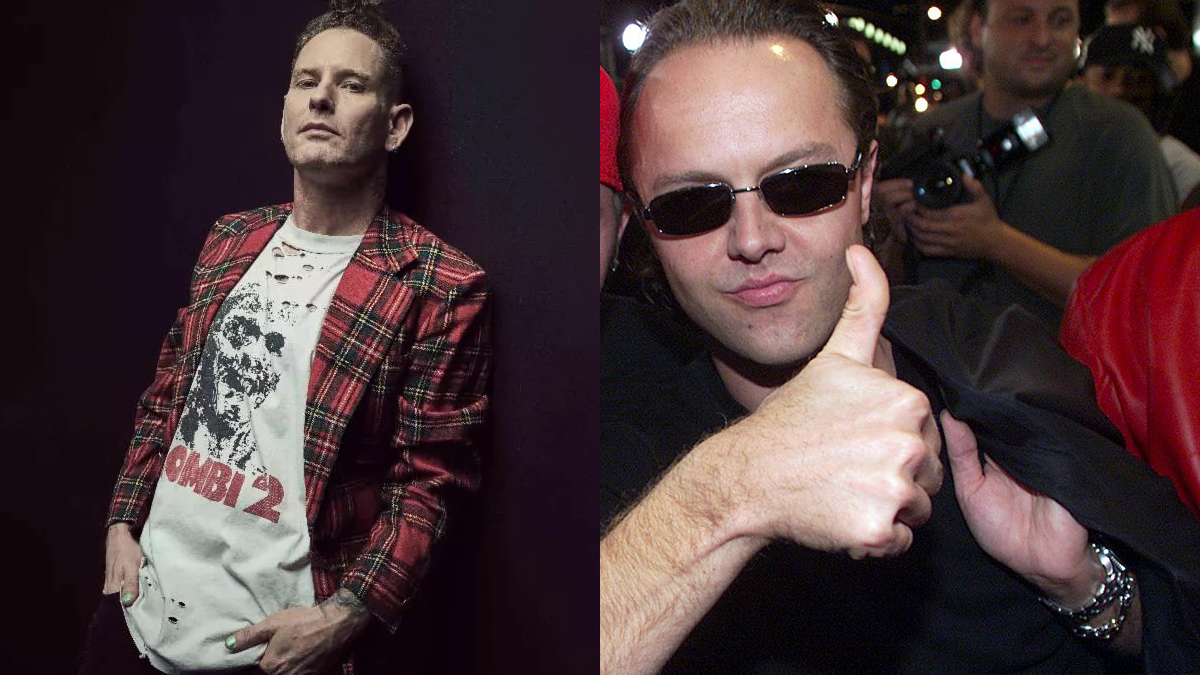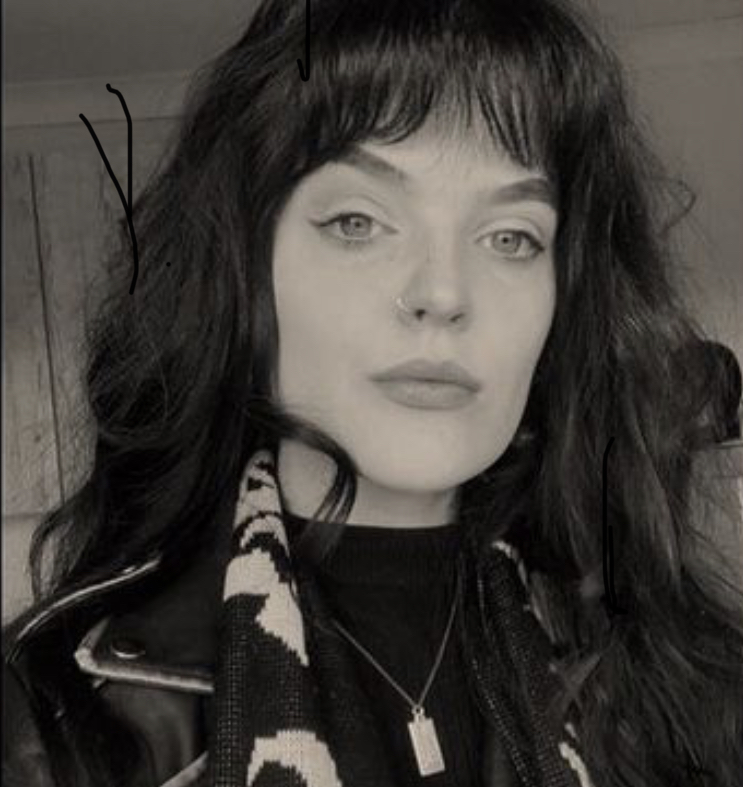Corey Taylor says he "completely backed" Metallica and Lars Ulrich's Napster battle: "if more people realized how badly artists were paid, they might say something"
Slipknot frontman Corey Taylor backs Metallica's decision to sue Napster back in 2000

Select the newsletters you’d like to receive. Then, add your email to sign up.
You are now subscribed
Your newsletter sign-up was successful
Want to add more newsletters?

Every Friday
Louder
Louder’s weekly newsletter is jam-packed with the team’s personal highlights from the last seven days, including features, breaking news, reviews and tons of juicy exclusives from the world of alternative music.

Every Friday
Classic Rock
The Classic Rock newsletter is an essential read for the discerning rock fan. Every week we bring you the news, reviews and the very best features and interviews from our extensive archive. Written by rock fans for rock fans.

Every Friday
Metal Hammer
For the last four decades Metal Hammer has been the world’s greatest metal magazine. Created by metalheads for metalheads, ‘Hammer takes you behind the scenes, closer to the action, and nearer to the bands that you love the most.

Every Friday
Prog
The Prog newsletter brings you the very best of Prog Magazine and our website, every Friday. We'll deliver you the very latest news from the Prog universe, informative features and archive material from Prog’s impressive vault.
Corey Taylor has revealed what he thinks of Metallica's controversial decision to sue Napster back in 2000 over the service's illegal fire-sharing of their music.
While speaking on the Kidd Chris - Off Air podcast, the Slipknot frontman declared that he "fully backed" the San Francisco metallers' move, adding that he believes we're now seeing the "aftermath" of the rise of digital streaming today, with many musicians struggling to earn a living off the process.
He explains (as transcribed by Blabbermouth): "I completely backed it, man. We're seeing the aftermath of it, to be honest.
"I mean, obviously, I have to work with streaming, DSPs and whatnot, but it doesn't mean I like it. The odds are so stacked against the artist that less and less people are able to make a living at this, man — unless you hit the jackpot."
Adding how even the most successful of artists are impacted, the vocalist continues, "And even when you hit the jackpot, you're paid peanuts. And it's revolting in a lot of ways. I'm still waiting for the legislation to actually go into effect, but it's been appealed so many times by all of the DSPs that we may never see the right way.
"And honestly, it's one of the things why I'm kind of gratified by the fact that physical copies are actually coming back more and more, especially in our genre. So that, at least, is keeping us afloat. But it's hard. And this is somebody who is just getting by.
"What about the younger bands who can't make it? What about the younger bands who, they're tied to the old system, and the only thing that they can do is hope and pray that something breaks through. But then you have to stream billions to make [any real money]. It's ridiculous. The math doesn't work. And I'm tired of talking to people about it because the math doesn't work.
Sign up below to get the latest from Metal Hammer, plus exclusive special offers, direct to your inbox!
"They're paid even less than the old radio structure. At least you could make a goddamn living [back then]… That's why I commend these younger bands that are bypassing the label structure, period. And they're going, 'I'm not gonna let them collect everything.' Honestly, it's the only way to make DSPs work in your favor, is to cut out the middle man, because that's where all the money is going."
Taylor concludes: "Listen, I'm gonna come off like an asshole, because it's just the way it is. I think if more people realized how badly artists were paid, they might say something or they might try to do something. But a lot of people are selfish as well, and rightfully so, because at the end of the day, if you're not looking out for yourself, who the hell is looking out for you? But it still doesn't mean that the artist isn't getting fucked."
Taylor is not the first person to recently speak out about the realities of surviving in a streaming-focused industry as a working musician. Last month, Cradle Of Filth's Dani Filth dubbed Spotify "the biggest criminals in the world", and discussed the misconception that the public have over musicians and their financial income.
Listen to Corey Taylor's interview below:
In November, Taylor will head off on a UK/European solo tour in promotion of his forthcoming new album CMF2, which is due out on September 15. View dates below:
Nov 08: Leeds O2 Academy, UK
Nov 09: Wolverhampton Civic, UK
Nov 11: Manchester Academy, UK
Nov 12: GlasgowO2 Academy, UK
Nov 14: London Eventim Apollo, UK
Nov 19: Paris Le Trianon, France
Nov 20: Cologne Palladium, Germany
Nov 22: Berlin Verti Music Hall, Germany
Nov 24: Tilburg 013, Netherlands

Liz manages Louder's social media channels and works on keeping the sites up to date with the latest news from the world of rock and metal. Prior to joining Louder as a full time staff writer, she completed a Diploma with the National Council for the Training of Journalists and received a First Class Honours Degree in Popular Music Journalism. She enjoys writing about anything from neo-glam rock to stoner, doom and progressive metal, and loves celebrating women in music.
